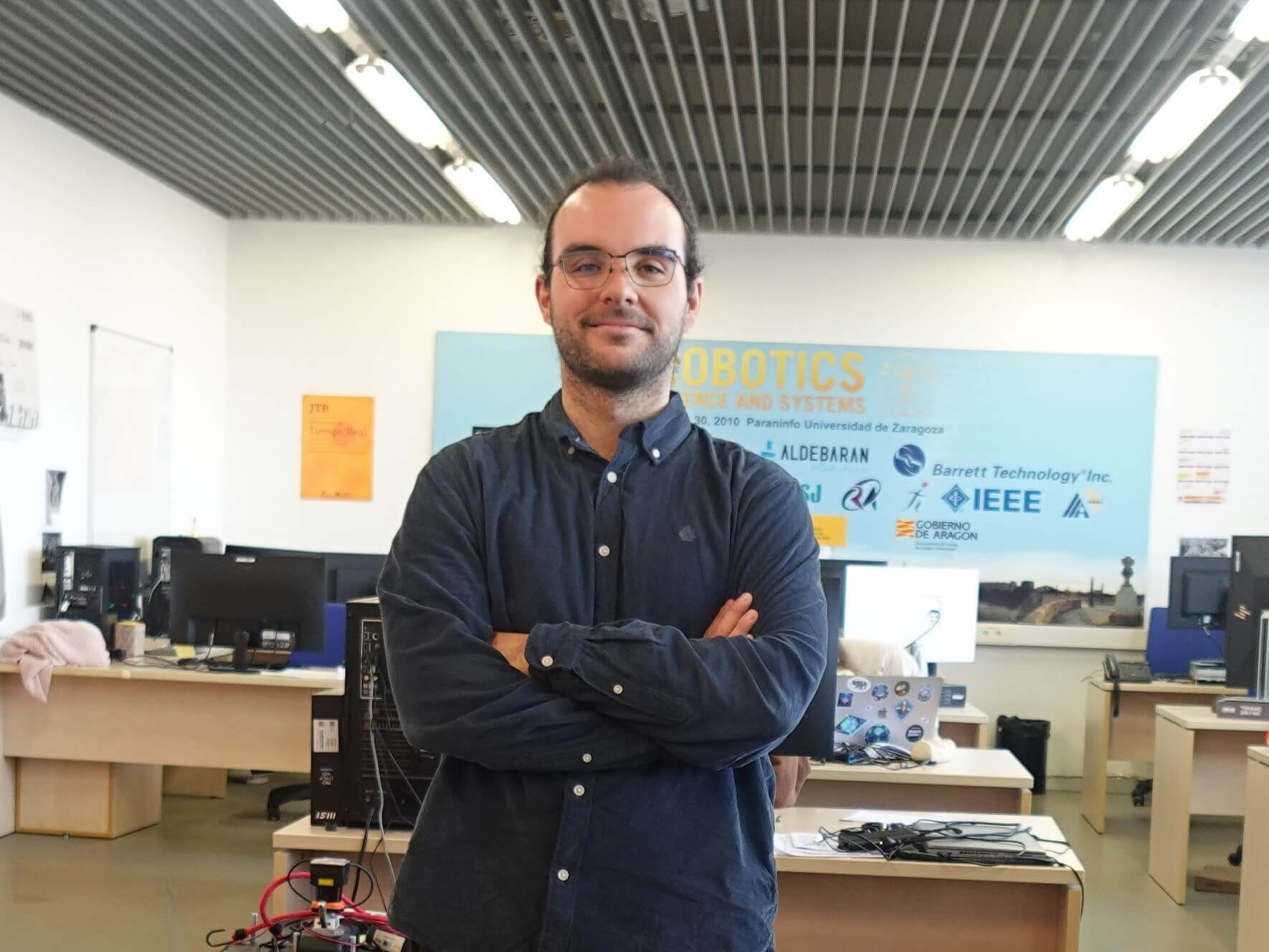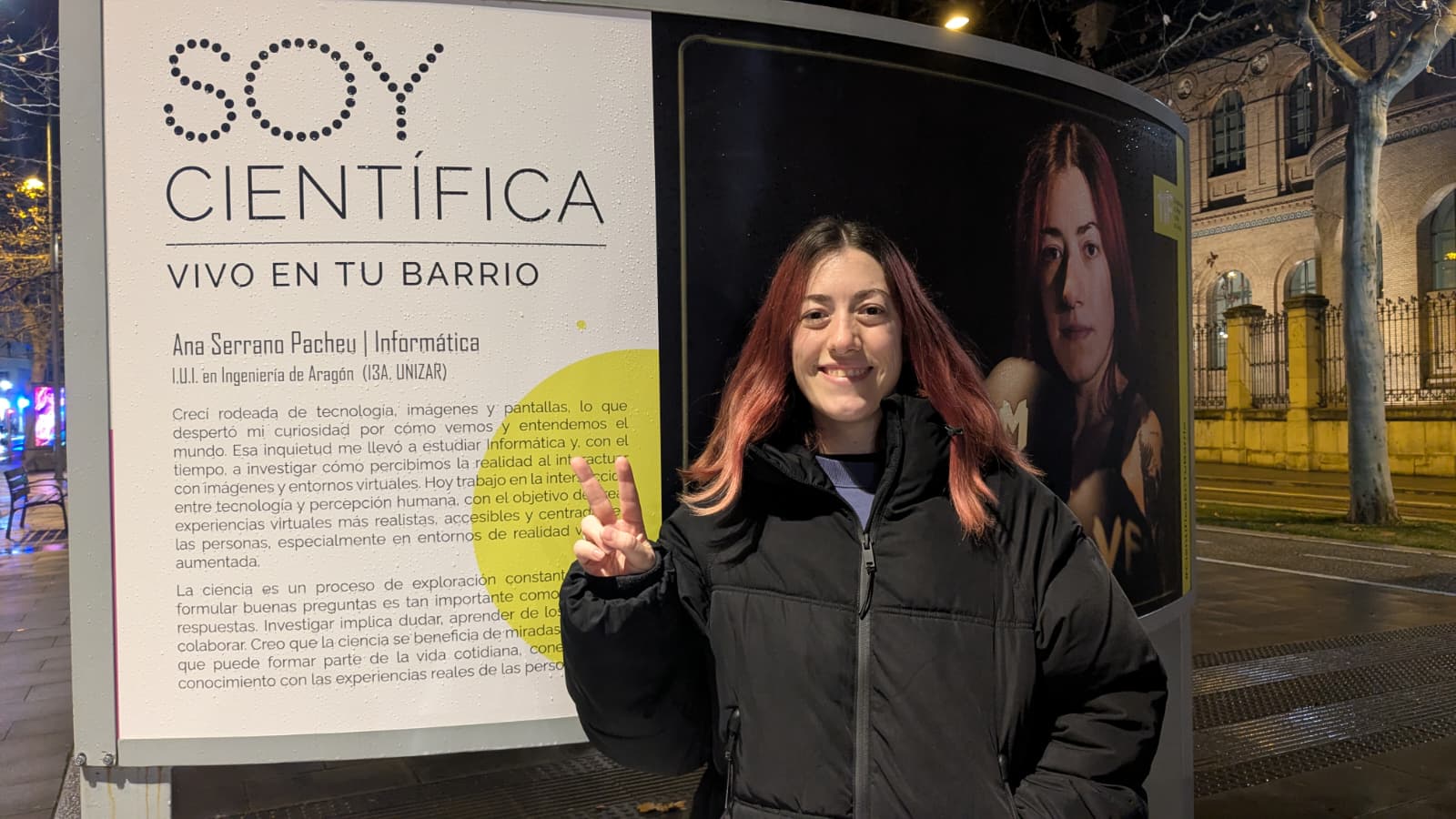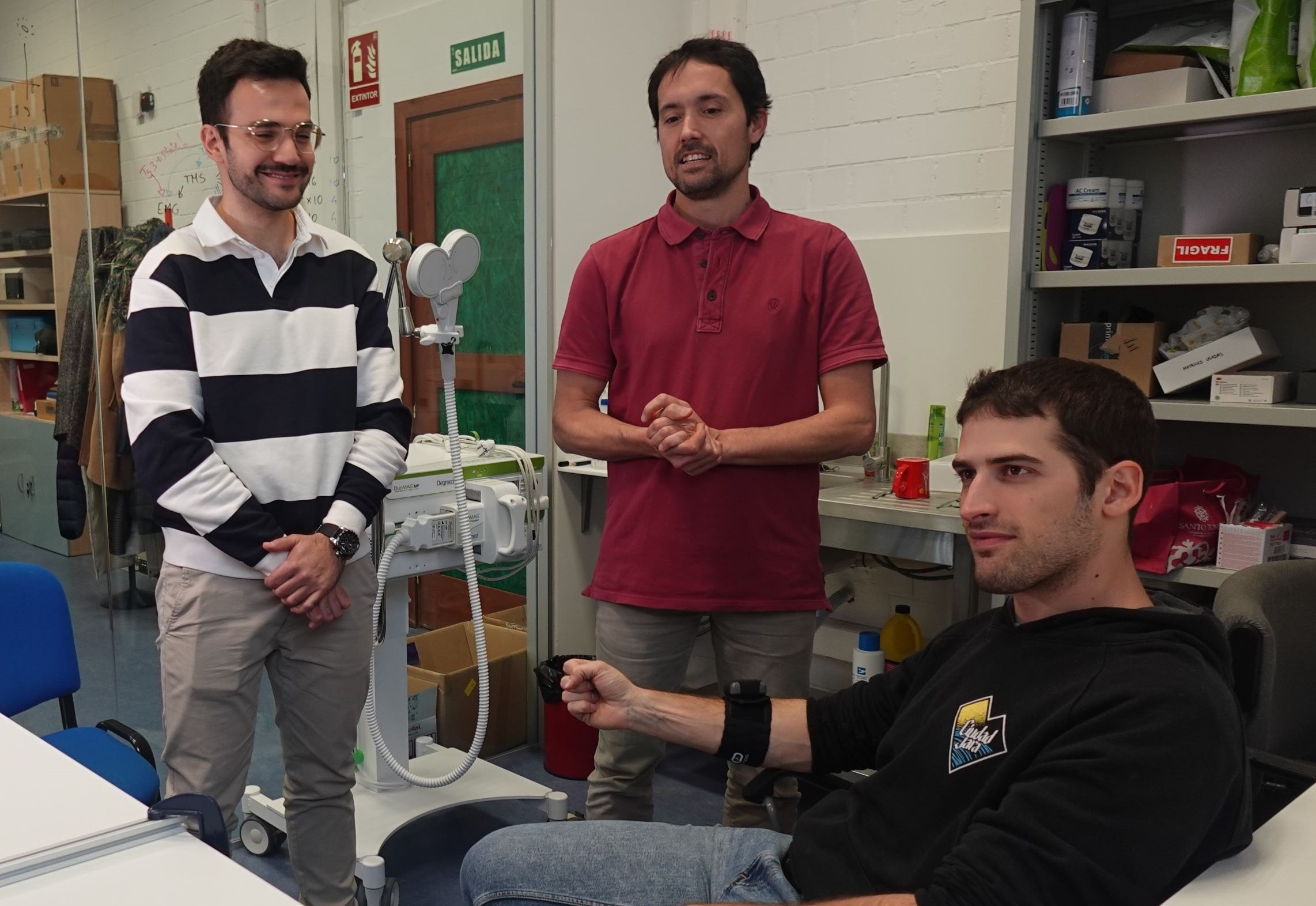
They say that every problem has a solution, and that is what researchers in engineering, applied mathematics and computing are working on: how to solve equations that cannot be solved today, even though they are known. The great challenge remains to solve them efficiently. To do this, they apply what is known in science as model reduction techniques, bringing together more than 100 specialists in Zaragoza at the MORTech (Model Order Reduction Techniques) conference, which is being held at the Paraninfo Auditorium of the University of Zaragoza from today until Friday 28th.
‘We seek simplified models that give us a reasonably accurate approximation of the true solution to the problem. The main focus of the conference will be techniques that seek to approximately solve extremely complex problems that cannot be solved in any other way,’ explains Elías Cueto, researcher at I3A and director of the ENIA Chair.
The MORTech conference is organised by the ENIA Chair of Artificial Intelligence and Sustainability at the University of Zaragoza and researchers from the I3A (Aragon Engineering Research Institute). In addition to seeking answers to unsolvable equations, the conference will address computational advances to reduce waiting times in industry.
‘We face problems that we may be able to solve, but they take a long time, and the industry is demanding that we do it faster. Once again, the world of model reduction comes to our aid,’ says the I3A researcher.
Until now, it was accepted that a computational calculation could take around 12 hours. A calculation is sent to the computer and the results are available the next day, but currently, the industry is demanding shorter turnaround times. And that is where model reduction techniques make a difference.
As in so many other fields, artificial intelligence has revolutionised this area, and the scientific community is applying AI-based techniques ‘to find solutions to extremely complex problems at speeds that were previously impossible. In fact, I believe that we can now tackle problems that we could not even imagine before,’ says Elías Cueto.
The MORTech conference began today in the auditorium of the University of Zaragoza with the opening address by the Vice-Chancellor for Scientific Policy, Pilar Pina.
More info: https://mortech2025.i3a.es/


